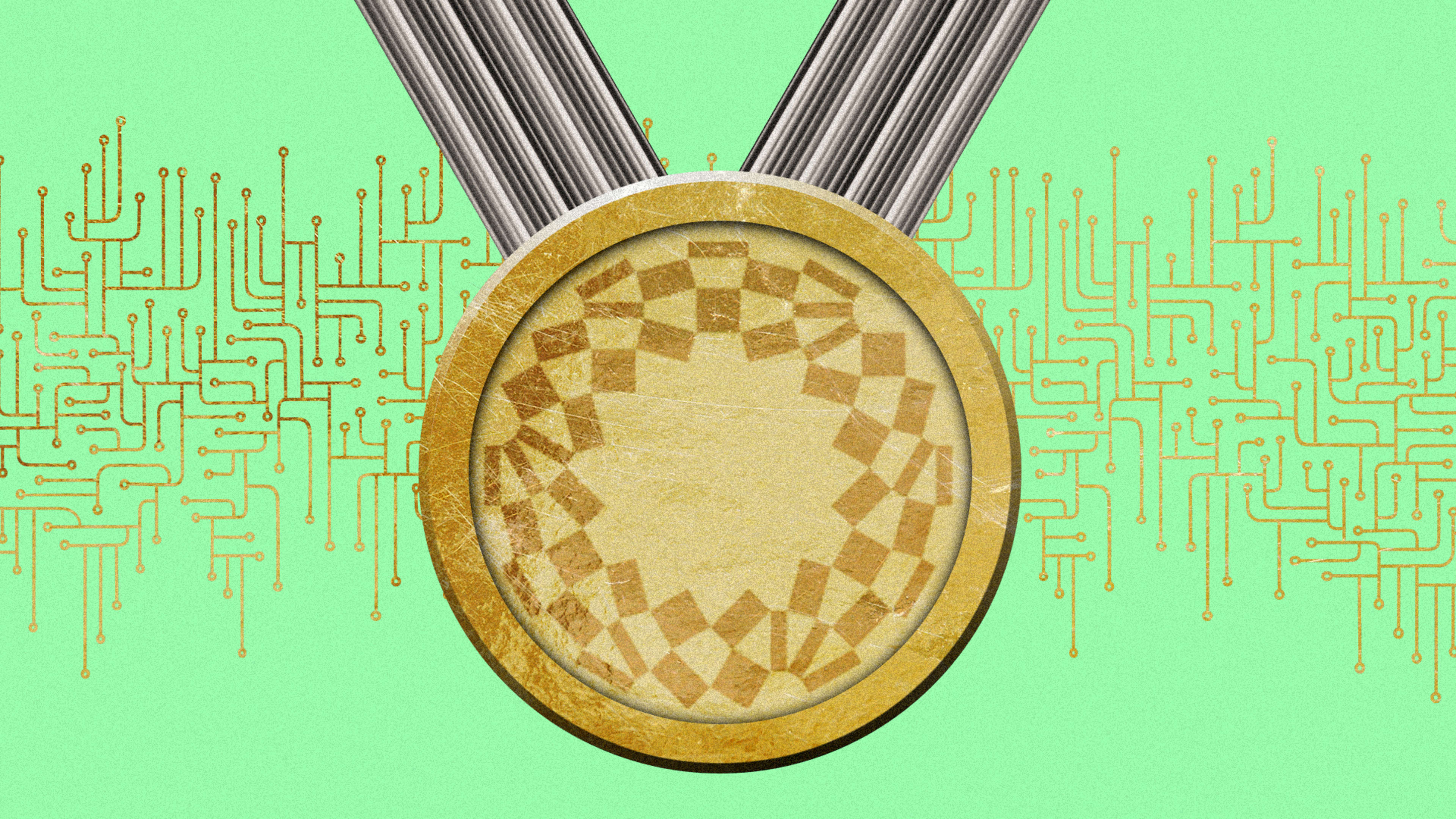At Tokyo’s 2020 Olympic Games, winners will receive gleaming gold, silver, and bronze medals–just as they always do. But thanks to an incredible initiative taking place across Japan, their precious metals will have a thoughtful heritage: They’ve been painstakingly mined from small electronics, which are mini vaults full of rare ores.
The Medal Project first kicked off in April 2017, inviting Japanese municipalities to collect e-waste for the Olympics. That plan said that phones and other small electronics would be collected locally. NTT Docomo–the country’s largest mobile phone operator–also collected devices in stores. Government-approved contractors dismantled the devices, and smelted the metals into an aggregate pile.
By October of 2018, the Medal Project had become a sensation across the country: 1,594 municipal authorities, or approximately 90% of Japan, had begun taking part in the collections.
Now, the Medal Project is reporting that it has secured enough raw material to produce the more than 2,500 medals needed for the Olympic and Paralympic Games. From the Medal Project’s initial stated targets, that means 66 pounds of gold, 9,000 pounds of silver, and 6,000 pounds of bronze. Olympic medals typically weigh 500 grams–about 1.1 pounds–apiece. Heartbreakingly, there’s very little actual gold in a gold medal.
But the more impressive numbers are how much e-waste Japan was able to recycle through the process. As of late last year, Japan had collected more than 47,000 tons of devices and approximately 5 million used mobile phones. Not bad at all–so long as you don’t think about the carbon impact of a single new Olympic stadium–or that the only better thing than recycling your old phone is just never buying a new one in the first place.
Recognize your brand’s excellence by applying to this year’s Brands That Matter Awards before the early-rate deadline, May 3.
